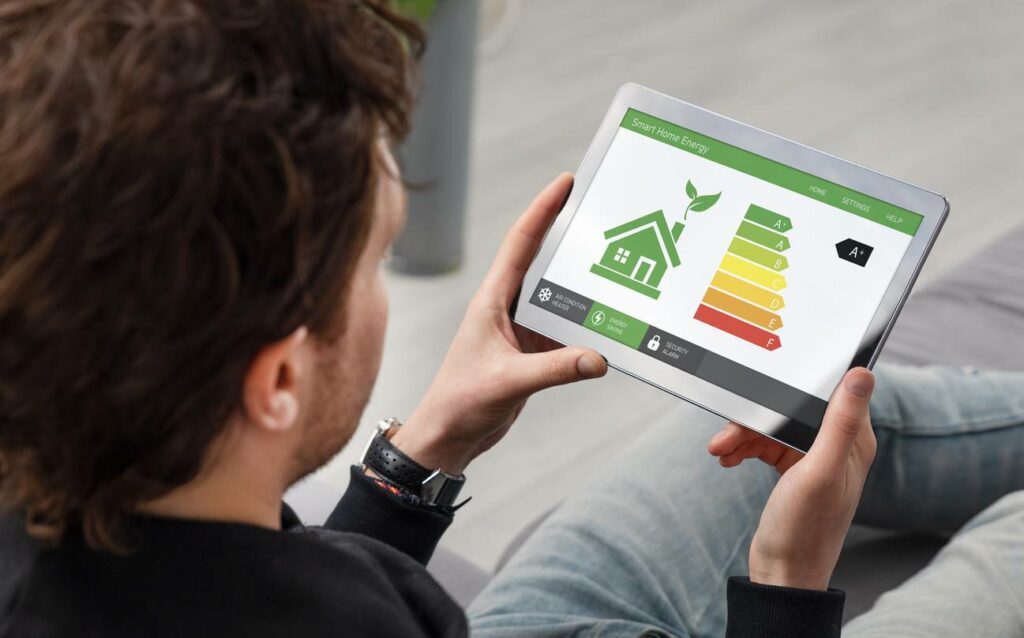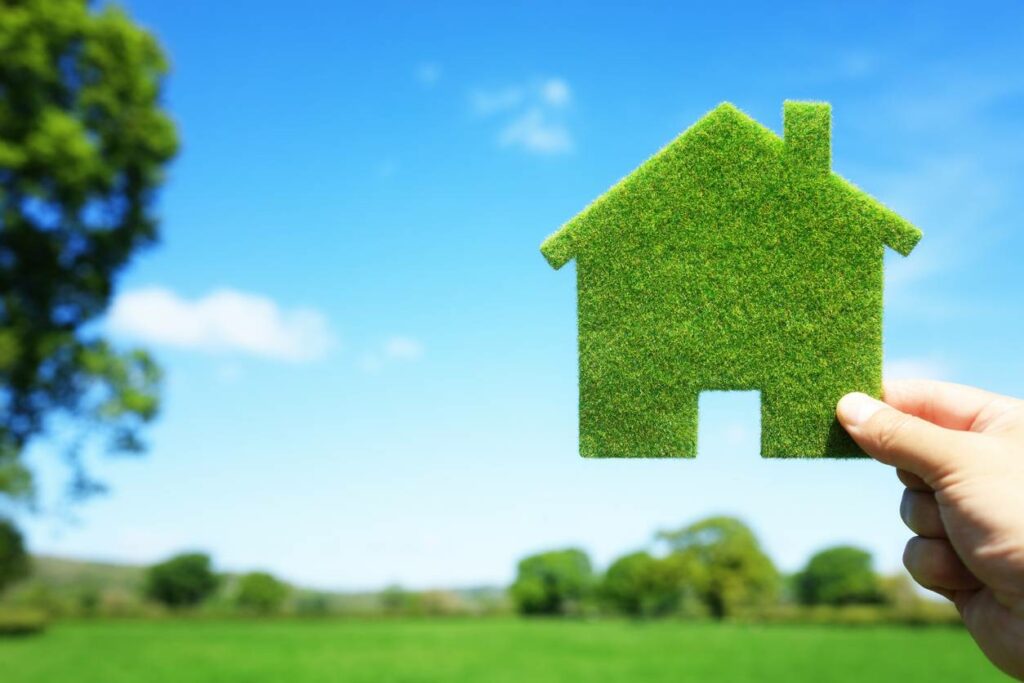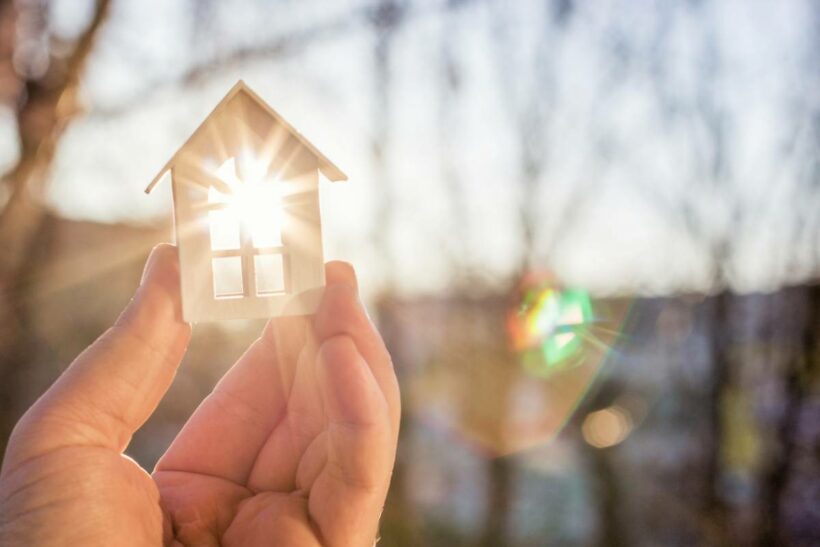In the era of a sustainable economy, environmental standards hold an important place in the real estate sector. Beyond the reduction in charges from which they make it possible to take advantage, energy renovation works have a great ecological interest, whether for individual dwellings or condominiums and allow them to comply with full compliance with these standards. Focus on the different environmental standards.
Undertake energy work to reduce your costs
The recently constructed buildings almost all comply with the environmental standards in force. On the other hand, work to improve the energy efficiency of buildings is necessary for buildings constructed before the regulations. Energy renovation work or changing energy supplier has several advantages.
First, the works allowingimprove the energy efficiency of a building will help to make lower condominium fees. Thanks to the various aids, such as the MaPrim'Rénov Co-ownership scheme, the energy bonus for co-ownership and eco-PTZ co-ownership, the work can be paid for up to 100%. You can thus benefit from all the advantages of energy works such as thermal insulation, valve insulation, attic insulation and wall insulation without spending € 1. These cumulative aids will support the financing of works and the price of equipment so you can start energy improvement without breaking the bank.
The specialists in energy efficiency, as a partner in energy management, support you in all stages of energy renovation: audit and diagnosis, mobilization of financial aid and completion of projects. They also take care of the renegotiation of your energy contract, electricity and gas to further reduce your costs.
In addition, a building with high energy performance is an environmentally friendly building. You are going to have a building that meets all the regulations, which will surely increase its value. An energy-efficient building is moreover more interesting for tenants and buyers. Your building will therefore not risk remaining unoccupied for a long time.

THEisolation
To reduce the energy consumption of your building, it is always necessary to check the insulation first. Indeed, poor insulation will cause heat loss and will render ineffective all the work that you can undertake. Thermal insulation is thus the basis for successful energy works.
Generally, the insulation consists in carrying out small works tending to limit the thermal losses. It can be an insulation of the attic, that of the roof, walls, floors and cellars, or even condominium heating pipes. It is up to the professional to determine the type of work required and the budget required for their completion.
Heating and air conditioning
After improving the insulation, a more energy-efficient heating, ventilation and air conditioning system must be installed. Among the most efficient and ecological heaters, we find the gas condensing boiler, heat pump and biomass boiler.
For the heating system to be more efficient, you may need to add additional heaters such as a solar water heater for hot water, a wood stove and photovoltaic solar collectors so that part of the heat is collected. necessary energy (outdoor lights or in the garage, for example) is obtained free of charge.
The reorganization of space
Optimizing the building's energy performance can also involve reorganizing the interior space. Indeed, this step involves the adoption of a bioclimatic architecture which reduces heat by reducing solar gain and limiting heat loss.
Thus, the installation of ecological devices such as awnings is recommended in order to reduce the use of air conditioning. In fact, by reducing the entry of UV rays into the building in summer, you will prevent the temperature from rising and benefit from a saving shade during periods of heatwave, which will impact the use of air conditioning by the residents. occupants.
Respect for the environment, a regulatory obligation
Since the Grenelle de l'Environnement, respect for the environment has become an obligation incumbent on owners. Indeed, during the sale or rental of a property, the owner must provide a DPE (energy performance diagnosis). It is a document which gives the tenant or the purchaser a overview of the building's energy performance. The interested party must find the energy consumption of the building and its rate of greenhouse gas emissions over one year.
This document is drawn up only by a professional diagnostician. He will give the building a grade between A and G (the worst grade), according to specific criteria. The building will obtain two labels:
- The climate label for the rate of greenhouse gas emissions per year
- Energy label for energy consumption per year
Thermal regulations: RT 2012 and RT 2020
The 2012 thermal regulations came into force on January 1, 2013. The RT 2012 aims to reduce consumption of natural resources like oil, wood and gas in buildings built in France. RT 2012 thus indicates the maximum amount of energy that the building should consume for its heating, all of its lighting and hot water. By respecting the RT 2012, the buildings will be more efficient and make energy savings for the occupants.
In 2018, RT 2012 was replaced by RT 2020 which concerns new public buildings. Applied since 2020, this regulation aims to promote the construction of positive energy buildings that will produce more energy than they need. In order to create a building capable of providing a surplus of energy, builders must use quality materials, of course ecological, such as wood and hemp. This type of material is known for their optimal insulation capacity.
They are also asked to study the orientation of buildings according to the local climate. Likewise, openings, balconies and bay windows will be studied specifically to take advantage of the natural heat from UV exposure.
Finally, we must focus on the installation of devices that create natural energy such as solar panels, Canadian wells and solar water heater.

The label BBC or Low Consumption Building
This label comes from the RT 2012 regulations. The BBC label is one of the Grenelle de l'Environnement requirements. Its objective is to reduce the energy consumption of recently constructed buildings and old buildings in France. This label is awarded to buildings whose energy consumption does not exceed 50 kWh / m² per year (energy consumption including heating, lighting, hot water, air conditioning and ventilation).
The certification HQE or High Environmental Quality
The HQE certification is an environmental standard implemented in 2004 in the real estate sector. High environmental quality is established to measure the sustainability of a building on all levels (economic, ecological, societal, etc.). An HQE building must meet a responsible concern in order to guarantee a lower environmental impact and an optimal quality of life for its occupants. This HQE certification will label a building according to 4 levels : good, very good, excellent or exceptional.
In France, this label is the leader in certifications which measure the durability of a building. It largely dominates the market with 82% of certifications, far ahead of the British BREEAM (Building Research Establishment Environmental Assessment Method) label. This is a label created in 1997 and which has 16% of certifications in France in 2015.
The LEED label or Leadership in Energy and Environmental Design is another label that measures the sustainability of buildings. Created in 1998, this label represents nearly 2% of certifications in France.

